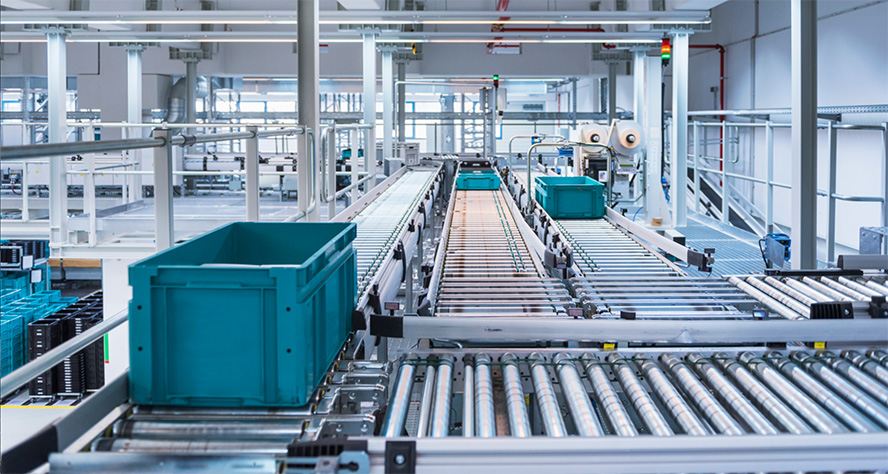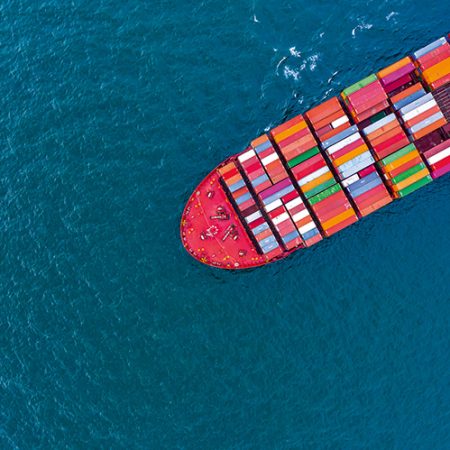
Q: The logistics real estate market has been growing at a breakneck pace; can it continue?
A: I have been in this sector for nearly 30 years and in the early days, rents would move up or down 25 basis points depending on whether it was boom or bust! Today, we can’t get enough product out to satisfy demand and that is really kicking into rental growth, like we’ve never seen before. On the negative side, if the cost of living rises and wages don’t keep up then people will reduce spending. However, the big question is whether that would be enough of a headwind to stop the tailwinds of growing ecommerce and the desire to hold larger inventories. Based on the lack of supply and decent levels of demand, I think the market has further to go.
Q: Do you think the type of buildings you develop will change over the next decade?
A: Definitely. In London it is going to have to go multistorey in some way. We’ve been building multistorey in Japan since 2002 and while that sort of land constraint does not apply in the rest of the UK, it is getting more difficult in London. We are also seeing a split between demands for large out-of-town warehousing and smaller last-mile facilities. There will also be alternative uses for warehousing space: life sciences for example. I think we will see more pharmaceutical manufacturing in the UK, not just R&D. We don’t see much demand from manufacturing, but recent supply chain problems will make people keep business closer to home.
We are also changing the way we interact with our customers. The old landlord and tenant system is ripe for disruption. People are looking for more flexibility and services. We have a line called Prologis Essential, where we provide forklifts, racking and lighting to customers, so they can get on with operations.
Q: How important are ESG factors for the Prologis business and logistics more generally?
A: ESG became investor’s number one priority around five years ago. Prologis was ahead of this curve, building net zero carbon buildings from the 2000s and more recently going ‘beyond net zero’ at our warehouse in Daventry, UK that absorbs more carbon than it emits. We’re also finding that our ESG efforts are helping to drive deeper customer relationships – where we work collaboratively to enhance their sustainability performance in an efficient & cost-effective manner. For Prologis, our focus on environmental stewardship and social responsibility informs decision making from the boardroom to all markets we operate in.
Q: What are the biggest risks over the next five years; is inflation the main worry?
A: Inflation isn’t necessarily a bad thing for us, as long as rental growth keeps us ahead of rising construction and land costs. The constraints on land and planning, which apply everywhere, will keep supply under control and support rents in the absence of a big drop in demand. Warehousing has become surprisingly high-tech and disruption from automation and technology is a risk, but also a positive. We have a unit called Prologis Ventures, which invests in tech and tech companies in our sector. It’s another way of helping our customers with their pain points and, like Essentials, is changing our relationship with them for the better.



